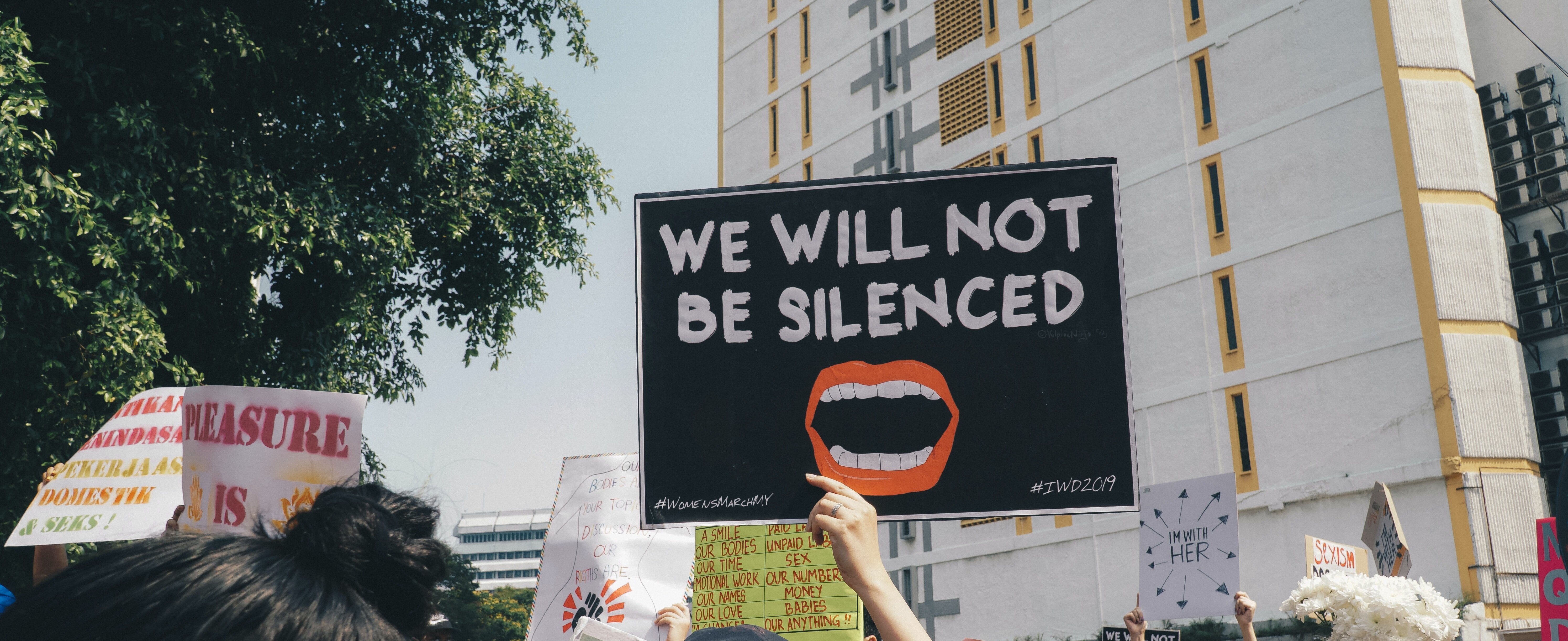
The following content may contain some triggering or sensitive content. Press OK to proceed.

Sound familiar? Surely we all have heard about it and are aware of it. And we might even possibly know someone who is a victim.
Sexual violence is something that unfortunately occurs too often.
The World Health Organisation uses a broad definition of sexual violence and describes it as any sexual act, attempt to obtain a sexual act, sexual harassment, or act directed against a person's sexuality, using coercion, by any person regardless of their relationship to the victim, in any setting including but not limited to home or work. Sexual violence can include, rape, the threat of rape, attempted rape, sexual harassment, sexual coercion and sexual contact with force.
Sexual violence can be perpetrated by, or against, anyone regardless of their age, gender, sexuality, ethnicity or ability. However, not all people are at risk of being targeted for sexual violence. Overwhelmingly, sexual assault of adults is perpetrated by men against women. It is both a cause and a consequence of gender inequality. Figures reported to New Zealand Police indicate 99% of adult sexual violence is perpetrated by men.
Sexual harassment is a broad term, including many types of unwelcome verbal and physical sexual attention. Sexual assault refers to sexual contact or behavior, often physical, that occurs without the consent of the victim. Sexual harassment generally violates civil laws—you have a right to work or learn without being harassed—but in many cases is not a criminal act, while sexual assault usually refers to acts that are criminal.
As women, we are told to learn self defense, wear less 'revealing' clothing, bring items like pepper spray, hold our keys between our fingers.
This should not be the case.
- 1 out of 3 girls may be sexually abused before she turns 16 years old. Most of this abuse (90%) will be done by someone she knows and 70% will involve genital contact.
- Young people are statistically at the highest risk of being sexually assaulted; the 16 – 24 year old age group is four times more likely to be sexually assaulted than any other age group.
- Approximately 1 in 5 New Zealand women experience a serious sexual assault. For some women, this happens more than once.
- More then 23% of women who participated in a recent Auckland study reported that they had been sexually abused as children. Most of the abuse was perpetrated by male family members with an estimated median age of 30 years. For 50% of the women, the abuse had occurred on multiple occasions. The study also found that victims of childhood sexual abuse are twice as likely as non victims to experience later personal violence.
- Research strongly demonstrates that physical and mental health problems resulting from sexual abuse and rape can be significant. Untreated impacts of abuse in childhood can continue to impact on survivors as adults in the form of depression, anxiety, impaired interpersonal relationships, parenting difficulties, eating difficulties, and/or drug and alcohol misuse to cope with strong feelings.
- Women who seek counselling are better equipped and resourced to heal from their experiences and are less likely to suffer from more acute physical and mental health problems.

A lot of people are afraid of speaking up or are not bothered to speak up because of various factors.
Some people are afraid that they will not be believed, as some victims who speak up about their experience are often not believed and are blamed to be "making it up".
It is important to encourage people to speak up about their experience.
Even though you may have the fear of not being believed, it is important to give it a chance and speak up.
If you have been sexually assaulted, whether as an adult or a young person, it is important to remember that it wasn't your fault. Sexual violence is a crime, no matter who commits it or where it happens. Please, do not be afraid to get help.
